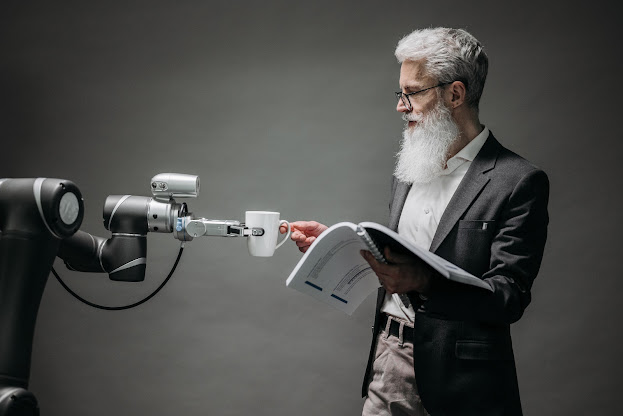Recalibrating assumptions on AI

Recalibrating assumptions on AI I. Introduction Artificial Intelligence (AI) is becoming increasingly pervasive in our lives, from personal assistants on our smartphones to autonomous vehicles on our roads. However, our assumptions about AI may not always align with reality. Many people believe that AI is infallible and unbiased, capable of replacing human intelligence and decision-making, and ultimately beneficial for society. These assumptions, while understandable, are problematic and can have unintended consequences. In this article, we will explore why these assumptions are flawed and how we can recalibrate our understanding of AI to prioritize responsible development and deployment. We will examine the potential biases in AI, the importance of human input in AI decision-making, and the ethical implications of AI on society. By acknowledging the limitations of AI and taking responsibility for its impact, we can shape a future where AI is developed and deployed in a way that benefi...










Comments
Post a Comment